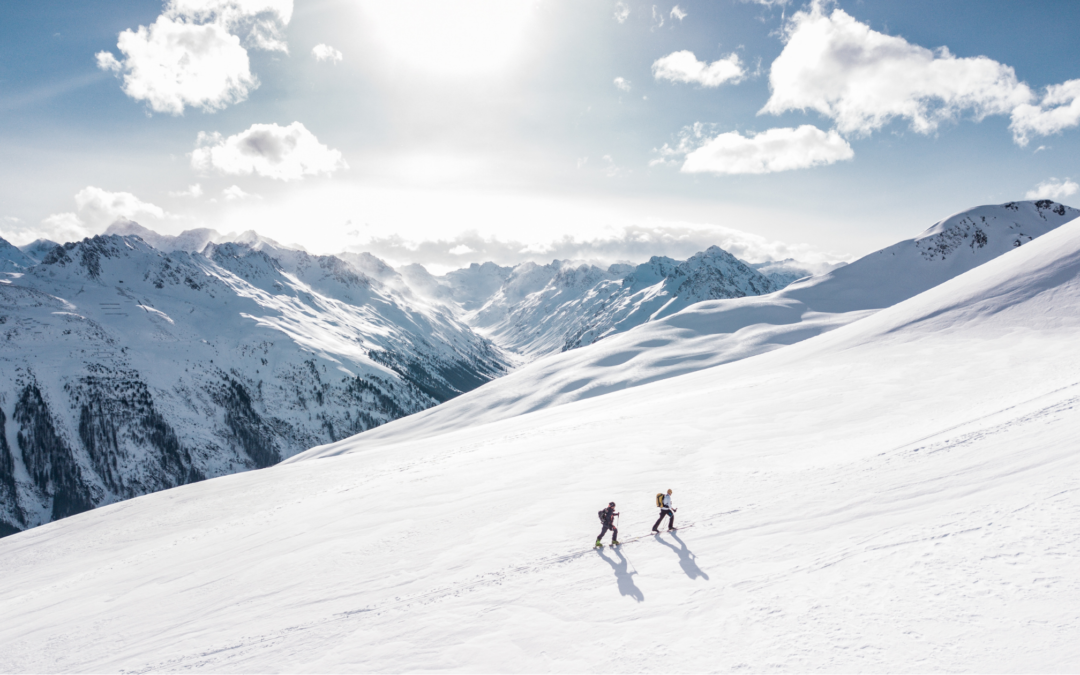Coronavirus has affected all industries, especially ones that involve many people gathering in public places at once. Unfortunately, this means that the ski industry has been hit severely. In Europe, many countries have said no to skiing/snowboarding for the 2020/2021 season entirely. Let’s look at ways the pandemic has shaped the winter sports industry this season.
Europe has decided to close the slopes until at least mid-February. This is due to the major concerns about the essential shops, ski lifts, and resort commons. The U.S. and Canada have kept their slopes open, but it is virtually inaccessible to foreigners because of travel restrictions and quarantine in some states. Japan could have been a potential ski destination, but they are also only accepting travelers arriving on business and other exceptional circumstances. China’s ski industry has also been disadvantaged as the number of people who ski in China is predicted to fall by 47%, causing a loss in the sector of $1.1 billion.
According to an article on Style Attitude, Vail resorts have already reported a $200m loss last season due to pandemic-related early closures of its 34 North American ski areas. In brief operating plans this season, Vail Resorts has implemented several new safety measures. Face coverings are required while using chair lifts/gondolas, inside all buildings, and during all ski lessons. There will be physical distancing on the chairlifts and gondolas and inside all public facilities such as bathrooms, restaurants and other areas. In addition, pass holders must reserve before their visit, and certain ski dates will be for pass-holders only.
American skiers are beginning to see an increase in uphill skiing as more people would prefer to avoid ski lifts and queues. In Jackson Hole, they’ve reduced crowing in the base area through maze configurations and queue management while increasing lift speeds to move guests uphill quicker. More resorts such as Aspen’s Buttermilk Mountain and Colorado’s Bluebird Backcountry are moving towards uphill skiing to enforce social distancing and eliminate the need for lifts.
Apart from lifts, the ski-experience has changed significantly. The U.K. alone relies on 25,000 European seasonal
res to keep its resorts operating efficiently. With COVID causing many workers to be laid off, skiers can expect to see an extreme increase in pricing for ski passes. Also, apres-ski is virtually a no-go due to new restrictions for bars, clubs, and restaurants. This will lead to less party tourism and day-trippers who come solely for the festivities.
